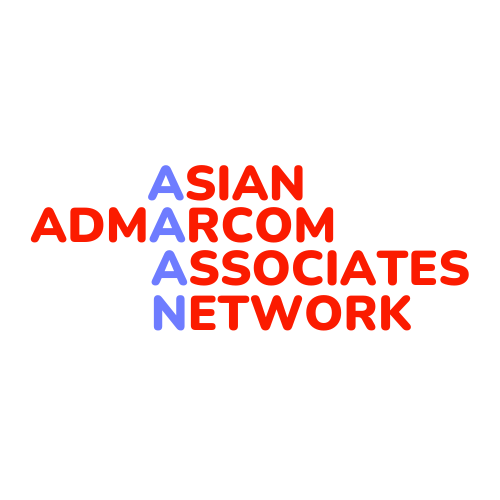A Guide to Agency Project Management

In the fast-paced world of agencies, juggling multiple projects while exceeding client expectations is a constant challenge. This is where agency project management comes into play, acting as the backbone for a successful and thriving agency.
Why is it Important?
Effective project management is more than just a fancy term; it’s the cornerstone of an agency’s success. Here’s why:
- Ensures project delivery: It keeps projects on track, meeting deadlines and ensuring timely completion within budget.
- Boosts client satisfaction: Clear communication, transparent progress reports, and proactive management keep clients informed and engaged, leading to happier clients and stronger relationships.
- Optimizes resource allocation: By efficiently assigning tasks and managing team workload, the agency maximizes the potential of its resources.
- Enhances profitability: By minimizing missed deadlines, scope creep, and rework, project management helps agencies maintain profitability and achieve financial goals.
The Core Steps
Agency project management typically follows a structured approach, often incorporating these key steps:
- Project Initiation: This involves defining project scope, goals, and deliverables, along with securing client approval.
- Planning and Scheduling: A detailed project plan is created, outlining tasks, timelines, dependencies, and resource allocation.
- Execution and Monitoring: The project is actively managed, with progress closely monitored, adjustments made when necessary, and communication maintained.
- Quality Control: Regular reviews ensure deliverables meet quality standards and client expectations.
- Project Closure: Upon completion, the project is formally closed, lessons learned are documented, and client feedback is gathered.
Beyond the Basics:
While the core steps provide a framework, successful agency project management requires additional considerations:
- Client Communication: Clear and consistent communication with clients is paramount. Regular meetings, progress updates, and proactive discussions build trust and manage expectations.
- Collaboration and Teamwork: Fostering a collaborative environment where team members effectively communicate and work together is crucial for project success.
- Flexibility and Adaptability: Agencies operate in a dynamic environment. The ability to adapt to changing priorities and client needs is essential.
- Technology Leverage: Utilizing project management tools helps streamline tasks, improve communication, and gain valuable insights into project progress.
Mastering the art of agency project management requires dedication, continuous improvement, and a focus on exceeding client expectations. By implementing these strategies and tailoring them to the specific needs of your agency, you can ensure successful project delivery, build stronger client relationships, and elevate your agency to new heights.
The Software Edge: Why Agency Project Management Tools Matter
In today’s competitive agency landscape, efficiency and organization are crucial for success. While strong project management principles are essential, agency project management software provides the digital edge needed to truly thrive. Traditional methods like spreadsheets and email have their place, however they often fall short in the complex and dynamic world of agencies. Project management software offers a powerful alternative by:
- Centralizing information: Create a single source of truth for all project-related information, eliminating the need for scattered documents and emails.
- Streamlining workflows: Automate repetitive tasks, establish clear communication channels, and ensure everyone is on the same page.
- Enhancing collaboration: Facilitate real-time collaboration, feedback sharing, and file version control, leading to smoother project execution.
- Improving resource management: Visualize team workload, optimize resource allocation, and identify potential bottlenecks for better resource utilization.
- Boosting transparency: Provide clients with real-time project insights, fostering trust and improving overall satisfaction.
Specific Benefits for Agencies:
Beyond the general advantages, agency project management software offers unique benefits tailored to the specific needs of agencies:
- Creative Workflow Management: Manage creative tasks with features like mood boards, file annotations, and feedback loops, fostering a seamless creative process.
- Time Tracking and Budgeting: Track time spent on tasks and projects, ensuring accurate billing and staying within budget constraints.
- Reporting and Analytics: Generate insightful reports to analyze project performance, identify areas for improvement, and gain valuable business intelligence.
Choosing the Right Tool:
With a diverse range of project management software available, selecting the right tool is crucial. Consider factors like:
- Agency size and needs
- Budget
- Features and functionalities
- Ease of use and user interface
- Integration capabilities with existing systems
Investing in agency project management software is an investment in the future of your agency. By leveraging the power of these tools, you can streamline operations, enhance collaboration, and deliver exceptional results for your clients, ultimately propelling your agency towards long-term success.
